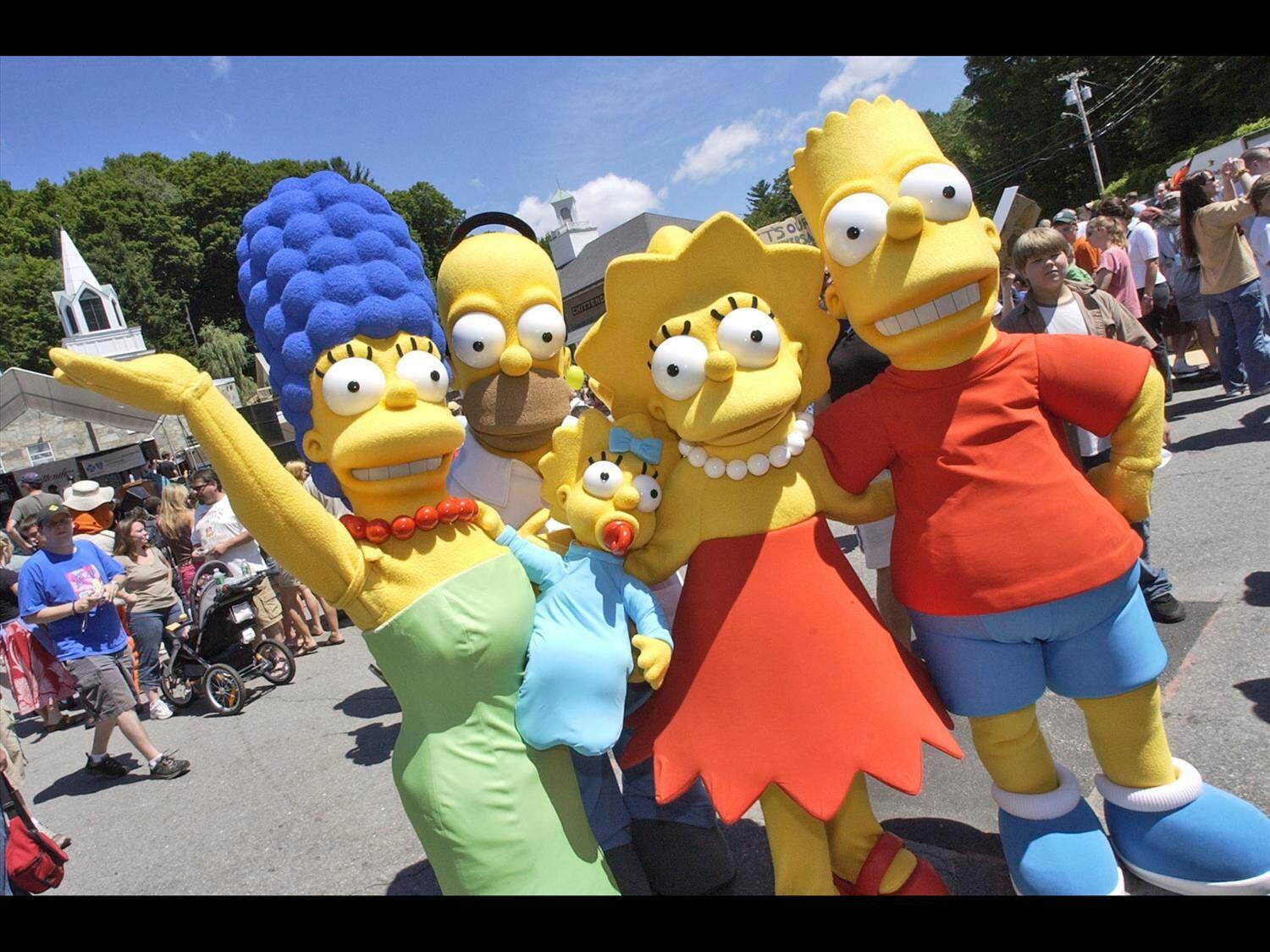Disney cuts Simpsons 'forced labor' episode in Hong Kong
Walt Disney Co. has removed from its streaming service in Hong Kong an episode from its cartoon series The Simpsons that includes a reference to “forced labor camps” in China

Your support helps us to tell the story
From reproductive rights to climate change to Big Tech, The Independent is on the ground when the story is developing. Whether it's investigating the financials of Elon Musk's pro-Trump PAC or producing our latest documentary, 'The A Word', which shines a light on the American women fighting for reproductive rights, we know how important it is to parse out the facts from the messaging.
At such a critical moment in US history, we need reporters on the ground. Your donation allows us to keep sending journalists to speak to both sides of the story.
The Independent is trusted by Americans across the entire political spectrum. And unlike many other quality news outlets, we choose not to lock Americans out of our reporting and analysis with paywalls. We believe quality journalism should be available to everyone, paid for by those who can afford it.
Your support makes all the difference.Walt Disney Co. has removed an episode from cartoon series The Simpsons that included a reference to “forced labor camps” in China from its streaming service in Hong Kong.
The company did not immediately respond to a request for comment about why the episode, “One Angry Lisa” from The Simpsons’ 34th season, was not available to stream on the Disney Plus streaming service in the semi-autonomous Chinese territory, according to checks by The Associated Press.
The episode first aired on television in October and it was not clear when the episode was removed from the Hong Kong streaming service.
In the episode, Simpsons character Marge Simpson takes a virtual spin class whose instructor is in front of a virtual background of the Great Wall of China and says: “Behold the wonders of China. Bitcoin mines, forced labor camps where children make smartphones.”
The issue of forced labor is sensitive in China. Communist-ruled Beijing has increasingly imposed its controls over Hong Kong, a former British colony, after taking control of the territory in 1997.
Western governments and activists have for years accused China of imprisoning hundreds of thousands of ethnic minorities — mainly Uyghurs — in the western region of Xinjiang in detention camps. China has rejected accusations it uses forced labor in those camps.
China says the camps are education centers designed to teach Mandarin Chinese and vocational skills.
China promised that Hong Kong would retain its Western-style freedoms for 50 years after the handover from British rule. But Beijing has been tightening controls after imposing a National Security Law following massive pro-democracy protests in 2019, raising concerns over a weakening of civil liberties such as freedom of speech and the press.
In 2021, Hong Kong implemented a film censorship law would allow authorities to ban films deemed contrary to national security interests. At the time, officials said that regulating films shown online would be outside the scope of the bill.
Censorship of Western television series or films is common in mainland China, with censors deleting scenes or banning content seen as going against values deemed appropriate by the Chinese Communist Party.
The Simpsons has been screened at times in China. According to checks by The AP, clips of the Simpsons can still be found on Chinese video sites, but not the scene from “One Angry Lisa.”